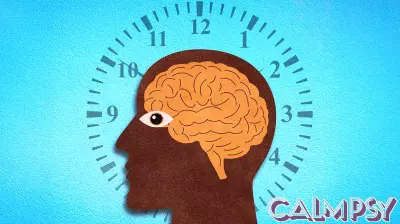Unraveling the Karmic Bias: A Study on Our Perception of Good and Bad Deeds
May 2, 2025 - 14:58

A new study reveals how we view karma differently for ourselves and others, crediting ourselves for good deeds but blaming others for misfortune. This intriguing research sheds light on the psychological mechanisms that underpin our karmic biases, suggesting that individuals often attribute their successes to personal virtues while linking the failures of others to their character flaws.
The study indicates that this bias may stem from a fundamental aspect of human cognition—self-serving bias. People tend to perceive their positive outcomes as a result of their actions and decisions, reinforcing a sense of agency and control. Conversely, when it comes to others, individuals are more likely to assume that negative outcomes are deserved, overlooking external factors that may have contributed to those situations.
The implications of these findings are profound, suggesting that our perceptions of justice and fairness are intricately tied to our self-image. Understanding this bias could foster greater empathy and a more nuanced view of the challenges faced by others in society.
MORE NEWS

February 21, 2026 - 04:49
New Theory of Learning Upends the Lessons of Pavlov’s DogA groundbreaking new theory is poised to rewrite a fundamental chapter in psychology, directly challenging the legacy of Pavlov`s famous dogs. For over a century, the principle of...

February 20, 2026 - 03:37
Psychology says people who pick up litter even when no one is watching usually display these 7 traits that are becoming increasingly rareIn a world where actions are often performed for social validation, a simple, unobserved act—picking up a stray piece of litter—can speak volumes about a person`s character. Psychologists note...

February 19, 2026 - 09:31
Psychology says the reason you feel exhausted after doing nothing all day isn't laziness — it's that unresolved decisions drain more energy than physical effort ever couldIf you`ve ever collapsed on the sofa after a seemingly lazy day, bewildered by your own fatigue, psychology points to a clear culprit: your unmade decisions. The mental load of unresolved choices�...

February 18, 2026 - 23:26
Meredith Professor Elected as President-Elect of the Society of Occupational Health PsychologyDr. Leanne E. Atwater, the program director for the Master of Arts in Industrial-Organizational Psychology program at Meredith College, has been elected as the President-Elect of the Society of...